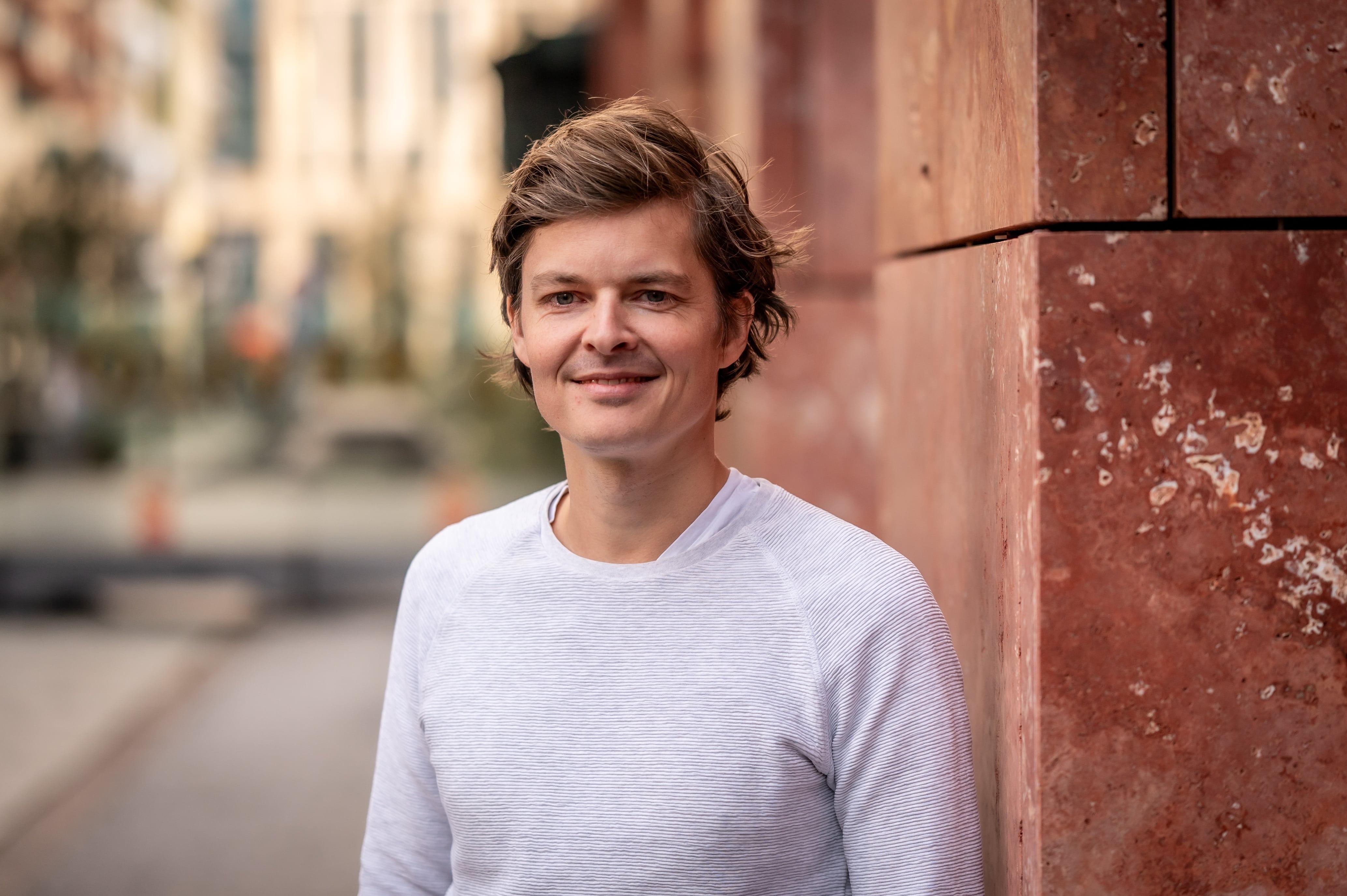
The Netherlands leads the way; significant differences between European countries in implementing MiCAR

5 March 2025
As Dutch citizens, we can once again be a bit proud, because in the field of crypto, we are leading the way in Europe! Compliance specialist Mauro Halve conducted research on how MiCAR applications are progressing in Europe and tells us all about it in this episode. Where is it running smoothly and where is it chaotic?
European Legislation for Crypto Companies
The new regulations, particularly MiCAR, are seen as a step towards professionalization of the crypto sector. The main goal of MiCAR is to protect consumers and investors. With a European license, a Dutch crypto company can operate across the entire EU. To learn more about what Markets in Crypto-Assets Regulation (MiCAR), TFR (Transfer of Funds Regulation, better known as the Travel Rule), and DORA (Digital Operational Resilience Act) are and what they will mean for the market and investors, listen to the podcast with Mauro Halve about MiCAR.
European Differences in Implementation
Despite MiCAR's goal of creating a uniform regulatory framework, there are differences between EU member states, as revealed by Mauro's research:
- Transition Periods: This is the period during which existing crypto companies are allowed to continue operating without yet having an approved license. These vary from 6 months in the Netherlands to 18 months in countries like France and Malta.
- Supervision Costs: There are differences in how these costs are distributed between the sector and the government. In the Netherlands, sectors cover their supervision costs, but in other countries, more than half of the costs are sometimes covered by the government.
- Language Requirements: Some countries require applications to be submitted in the local language, making these countries less attractive to international parties.
In the Netherlands, the AFM is now the regulator. In the podcast, Mauro and co-host Bert Slagter emphasize that crypto companies in the Netherlands generally speak positively about the regulator. The AFM is described as constructive, transparent, and strict but fair. They appreciate their quick and clear communication and the option to offer pre-scans for companies. The AFM is seen as one of the most progressive regulators in Europe, as evidenced by the fact that the first four MCA licenses have been granted in the Netherlands.
In other countries, progress is somewhat slower. In Belgium and Portugal, there is still no clarity on who the regulator will be or what the transition period will look like. In our eastern neighbors, the implementation of MiCAR has been significantly delayed due to the fall of the cabinet. The implementation law for MiCAR was only recently signed, less than a month ago.
No License Shopping Allowed
These differences lead to a complex landscape where crypto companies must make strategic decisions about where to apply for their MiCAR license.
However, companies cannot simply choose a European country to submit their MiCAR license application. An important condition is the concept of 'substance', meaning the actual presence and activities of the company in the relevant country. Different EU member states have varying requirements regarding substance. For example, France has relatively strict substance requirements, requiring companies to have at least 15 employees physically present in the country. In addition to personnel, substance requirements can also relate to having an office, a compliance department, and at least one director in the country of application. Furthermore, the transition period only applies in countries where you have already obtained local registration. These requirements are intended to prevent companies from simply 'shopping' for the most favorable regulations without being actually established in the country where they apply for their license.
Listen to 'The Netherlands Champion of MiCAR Licenses'
This article was written based on the podcast episode The Netherlands Champion of MiCAR Licenses. Compliance specialist Mauro Halve researched the status of MiCAR applications in Europe and shares everything about it in this episode. Where is it running smoothly and where is it chaotic?
Almost all MiCAR licenses come from the Netherlands
So far, five MiCAR licenses have been granted, including four in the Netherlands:
- Bitstaete: For asset management without custody.
- ZBD: Active in the gaming sector for payments through the Lightning Network.
- Moonpay: A large international payment service provider and exchange service.
- Hidden Road: A prime brokerage. The first notification, based on their existing MiFID license.
- Deutsche Börse: Similar to Hidden Road.
Based on public data and his proverbial Rolodex, Mauro has compiled a list of crypto parties and the countries where he expects large companies to apply for MiCAR licenses:
Netherlands:
- Amdax
- Bitonic
- Bitvavo
- Bybit
- Coinmerce
Ireland:
- Coinbase
France:
- Binance
- Swissborg
- Kraken
Luxembourg:
- Bitstamp
Malta:
- OKX
- Gemini
- Kucoin
Lithuania:
- Huobi
- Bitget
It is still unknown where Bitfinex and crypto.com will submit their applications. The latter has a European headquarters in France, but also offices in the popular countries Ireland and Malta.
There have also been a number of 'pseudo' licenses reported in the media. Socios made headlines with a MiCAR license, but this is actually a class 3 VFA license obtained in Malta. This is comparable to what we know here as a DNB registration. Additionally, Crypto.com itself announced having a 'principle MiCAR license', but MiCAR doesn't even have such a thing.

Our website uses cookies
We use cookies to personalize content and advertisements, to offer social media features and to analyze our website’s traffic. We’ll also share information about your usage with our partners for social media, advertising and analysis. These partners can combine this data with data you’ve already provided to them, or that they’ve collected based on your use of their services.